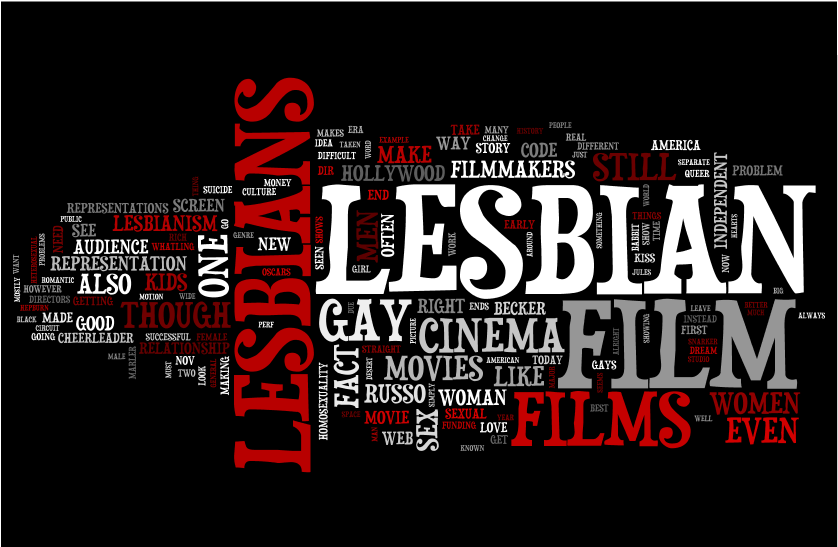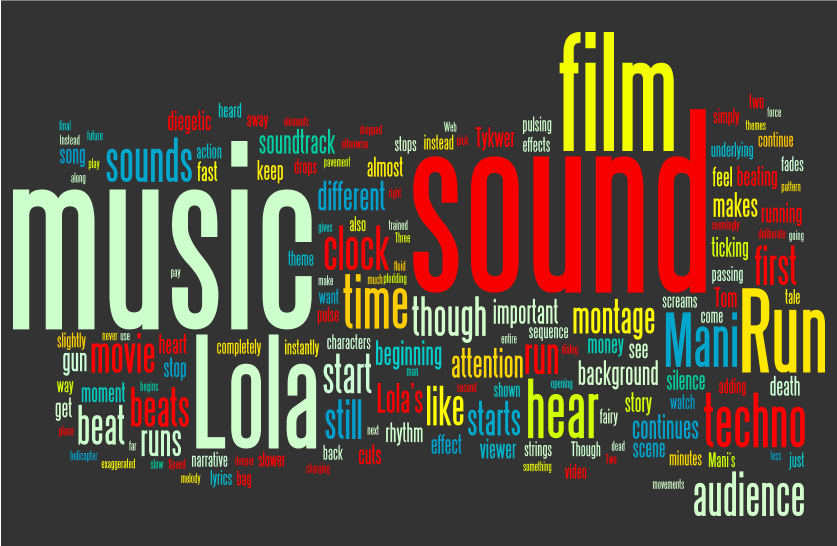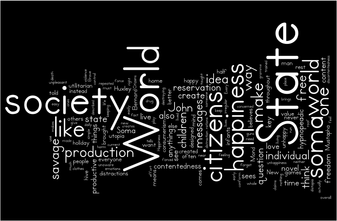|
I was at a poetry workshop and someone had written a poem and mentioned Facebook. It was a problem. Almost all the editors were in agreement that the mention of the social networking site was too distracting in one of the writer's poem and should be removed. I was not so easily persuaded.
Just a few days prior I had been writing some stuff and mentioned Facebook only to remove it because I didn't think it sounded right, but now, in workshop I was second guessing this decision. Why is poetry stuck so much in the past? Sure, the first things ever written were written in verse and poetry has a long and glorious history of sophistication and beauty, but it still changes as the times do, and as many elegant poems as there are there are just as many disturbing and blunt ones. Contemporary poems mention cars, trains, planes, television, cell phones, and even computers, but hardly ever Facebook, Twitter, Tumblr, Youtube, etc. This shouldn't be the case. Though there are those writing Twitter poems and making various works based on and around social media, the fact remains that it's a taboo when it comes to classic writing styles, especially poetry. While there is poetry that's about social media there doesn't seem to be a large selection of poems that casually mention it. Where formal poetry mentions penning letters they seem to miss typing an email. Is this just less romantic or is formal poetry really stuck in the age when it was born? The only way that we can become comfortable with terms like Facebook in a formal poem is if we see it more, so if you are writing contemporary formal poetry and feel the need to mention Twitter, don't fight it!
0 Comments
So I love this website wordle.net. It takes chunks of text and makes them into interesting graphics by making the most frequently used words the largest and then declining each word in size based on usage. So, of course, as a celebration of my finishing three final papers at the end of my fall term, I decided to wordle them, and share. Today was Thanksiving. Everyone who lives in my house went to the cafeteria together and sat at one table and ate turkey (or in some cases [mine] tofurkey) and pie after pie and we shared our favorite part about the day over stuffing and mashed potatoes. So what if it was the third Wednesday of November and not the fourth Thursday? It was still Thanksgiving.
This is what I have been learning about holidays as I get older and farther away from home. It doesn't matter when they happen, it's how they happen and who they happen with. I have never had a more fantastic Halloween than the one I had on July 31st, or a more special Christmas eve than that of July 25th, and this November 14th Thanksgiving is no different. The holidays are special because there is an effort put into them. If you gather enough people around a table with a lot of food and tell them to be thankful nothing is missing. If you pull a dead tree out of the forrest and spend the afternoon taping hand-drawn ornaments to it with your close friends, that's no less a Christmas tree than a bargain spruce at your local supermarket. I've always loved holidays, and I'm not trying to be overly sentimental in saying that it comes from the heart or that Christmas is Christmas, even without the presents. I'm almost saying the opposite. As long as you have the props and people, a believable holiday can happen any day you want it to. Because we have been conditioned to feel a certain way at certain times of the year, triggered by smells, sounds, objects, sweaters, family, and friends, if we gather those things together at a different time of the year we will feel the same feelings. Holidays are malleable, and I like that a lot. HD television has been around for a long time now. My home has an HD television, but because we really don't care that much we don't use the feature (it also costs less, which is always a plus). However, I've watched HD television and have recently been exposed to the phenomena that is Blue Ray and I have to say that I am skeptical if not outright annoyed with this new and ubiquitous trend.
It's the whole obsession we have of being immersed into the TV or movie that we are watching as fully as possible that drives the high-definition desire, but in doing so we miss the nuances of film as a genre. Film is already moving into digital, as more and more films are being shot with RED cameras, edited exclusively on computers, and streamed into theatres instead of being delivered on cumbersome reels. While I sometimes miss the token scratch in the corner of a film as it is being projected, I understand the connivence and the image quality that can be achieved with digital film and I have no doubt that this will be a medium I use in the future. However, digital film and HD-Blueray are two totally different things. The problem with HD is that it changes the style in which the film or television show was originally created. I watched Cruising, a film (shot on film, mind you) from 1980 on a blue ray player and was instantly put off by the documentary-like style that I was confronted with. Though the film itself was more of a documentary style at some points, known for using real footage of real people inside gay bars and also leather bars (real people instead of actors), it appeared as though someone with a high def hand held camera had walked onto the street and started filming. Gone was the sleek, screen look that I was used to, the comforting wall between myself and the story, the 24 frames-per-second that my mind had been so used to consuming. Now, challenging conventions can be a good thing, without challenging conventions art never progresses, but this is a convention that I wish to go unchallenged. I watch a film for the story but more than that I watch a film for the style, the lighting and sound and angles and nuances that were created on purpose. If a film was not shot with the explicit goal to be shown in an over-realisitic high-definition format, I have no desire to see it as such. Maybe it is just my tendency to romanticize the past, but I can only hope that Blue Ray is not the next DVD, and that the DVD does not become the long since buried VHS. |



 RSS Feed
RSS Feed
